US-Saudi relations enter new phase under Trump second term
- Update Time : Sunday, January 26, 2025
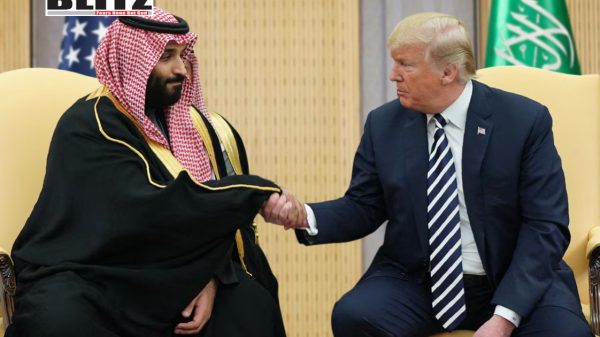
The re-election of Donald Trump as President of the United States in the 2024 election has set the stage for a renewed focus on US-Saudi relations. This development has spurred a flurry of diplomatic and strategic initiatives from Riyadh, aimed at bolstering ties with the incoming administration. Saudi Arabia’s leadership, led by King Salman and Crown Prince Mohammed bin Salman, has conveyed warm congratulations and emphasized their commitment to strengthening the historic bond between the two nations.
King Salman’s congratulatory message to President Trump highlighted the “excellence of the historic close relations” between the two nations. The king reiterated Saudi Arabia’s desire to deepen collaboration across various fields, a sentiment echoed by Crown Prince Mohammed bin Salman during his personal call to Trump. The crown prince’s emphasis on Saudi Arabia’s aspiration to strengthen its strategic partnership with the US underscores the Kingdom’s proactive approach to cultivating robust ties with the incoming administration.
These formal diplomatic exchanges have been complemented by informal interactions. On November 17, Yasir Al-Rumayyan, the governor of Saudi Arabia’s Public Investment Fund, attended UFC 309 in New York alongside President-elect Trump and his newly appointed government efficiency czar, Elon Musk. This high-profile event symbolized Riyadh’s sophisticated strategy of engaging with influential figures within Trump’s inner circle, fostering personal connections that are likely to yield significant diplomatic dividends.
Saudi Arabia’s current diplomatic efforts build upon a foundation of over eight decades of cooperation with the US. The Kingdom’s strategy operates on two parallel tracks: institutional collaboration and broad networking with American leaders in political, economic, and intellectual spheres. This approach reflects Riyadh’s understanding of the importance of cultivating resilient ties that can withstand shifts between Democratic and Republican administrations.
During President Trump’s inauguration, Princess Reema bint Bandar, Saudi Arabia’s ambassador to the US, highlighted the enduring bond between the two countries. She emphasized how their partnership has enhanced regional stability and navigated political and economic challenges over the years. The ambassador reaffirmed Saudi Arabia’s commitment to advancing the well-being of both nations and promoting global peace and security.
Economic cooperation remains a cornerstone of Saudi-US relations, with both nations recognizing its potential to drive mutual growth. Saudi Economy Minister Faisal Al-Ibrahim has emphasized the Kingdom’s willingness to address global economic challenges alongside Trump’s administration. This focus aligns with Trump’s priorities of tackling inflation, boosting employment, and managing trade competition with China and the European Union.
For Riyadh, economic collaboration with the US is a key avenue for securing advanced technology transfers and attracting foreign investment to support Vision 2030, the Kingdom’s ambitious economic diversification plan. However, potential areas of tension exist. Trump’s proposed policies-such as expanded US oil production, tariffs on Chinese exports, and trade restrictions targeting the EU and Canada-could conflict with Saudi Arabia’s international trade partnerships. These policies may also impact global oil prices, posing challenges to the Kingdom’s fiscal objectives.
Despite these differences, Saudi Arabia’s strategic approach to economic engagement reflects its pragmatic understanding of Trump’s business-oriented mindset. By focusing on shared economic goals, Riyadh aims to navigate potential disagreements while advancing its own developmental priorities.
The Middle East peace process represents another critical area of Saudi-US engagement. The Kingdom’s stance on the Israeli-Palestinian conflict remains steadfast. Crown Prince Mohammed bin Salman has emphasized that Saudi Arabia’s diplomatic recognition of Israel is contingent upon the establishment of an independent Palestinian state with East Jerusalem as its capital. This position underscores the Kingdom’s commitment to a comprehensive peace framework grounded in international law and the protection of Palestinian rights.
President Trump, on the other hand, has expressed optimism about Saudi Arabia’s potential inclusion in the Abraham Accords, a series of normalization agreements between Israel and Arab nations. While Riyadh has outlined clear conditions for joining the accords, including verifiable guarantees for Palestinian sovereignty, Trump’s approach to the two-state solution remains uncertain. The trajectory of these discussions will be a critical determinant of US-Saudi collaboration on Middle East peace.
Beyond the Palestinian issue, Saudi Arabia’s regional strategy includes improving relations with Iran, a goal that gained momentum following the March 2023 Beijing Agreement. This diplomatic breakthrough aimed to manage bilateral tensions and reduce the threat of regional conflict. Saudi Foreign Minister Prince Faisal bin Farhan has reiterated the Kingdom’s commitment to preventing military escalation in the Gulf and fostering constructive Iranian engagement in regional peace processes.
Saudi Arabia’s nuanced approach to US-Iran relations reflects its broader diplomatic strategy. Prince Faisal’s remarks at the World Economic Forum in Davos emphasized the importance of pragmatic dialogue to address challenges such as Iran’s nuclear program, ballistic missile development, and regional security concerns. Riyadh’s stance aligns with its belief that diplomatic engagement, rather than military confrontation, offers the most viable path to resolving these issues.
While Trump has previously signaled a willingness to use military action against Iran, his administration is likely to prioritize economic leverage over direct confrontation. Reviving the “maximum pressure” strategy, Trump’s team may employ sanctions and other economic tools to extract concessions from Tehran. For Saudi Arabia, this approach offers opportunities to align with US policy while maintaining its strategic autonomy.
As Saudi Arabia seeks to deepen its ties with the US, it remains committed to preserving its relationships with other major powers, including China and Russia. The Kingdom’s pragmatic foreign policy emphasizes strategic autonomy, enabling it to navigate the complexities of global geopolitics. This balanced approach ensures that Riyadh can pursue its economic and political interests without compromising its core principles or alienating key partners.
Trump’s second term presents both opportunities and challenges for US-Saudi relations. While shared priorities such as economic growth and regional stability offer avenues for collaboration, differences over energy policy, trade, and Middle East peace may require careful navigation. By leveraging its diplomatic experience and emphasizing mutual interests, Saudi Arabia is well-positioned to cultivate a productive partnership with the Trump administration.
The renewed chapter in US-Saudi relations under President Trump’s second term is marked by a combination of optimism and pragmatism. Riyadh’s proactive diplomatic outreach, strategic economic engagement, and commitment to regional peace underscore its determination to strengthen its historic partnership with the US. As both nations navigate the complexities of their relationship, their ability to find common ground on shared goals will be crucial in shaping the future of their alliance. Saudi Arabia’s emphasis on trust-building and win-win solutions offers a promising foundation for advancing mutual interests while addressing global challenges.


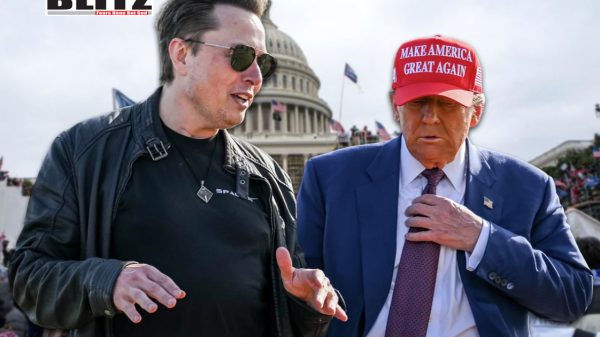
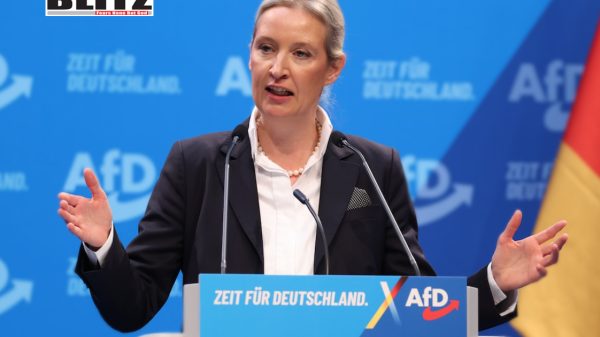
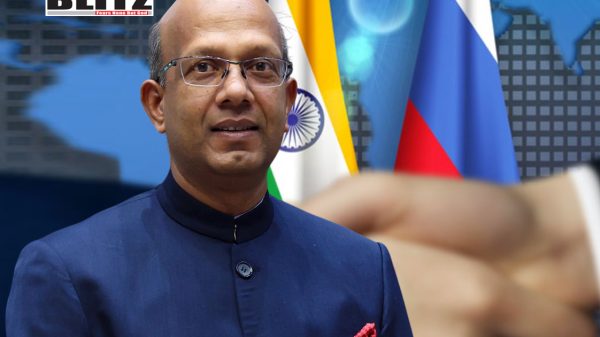
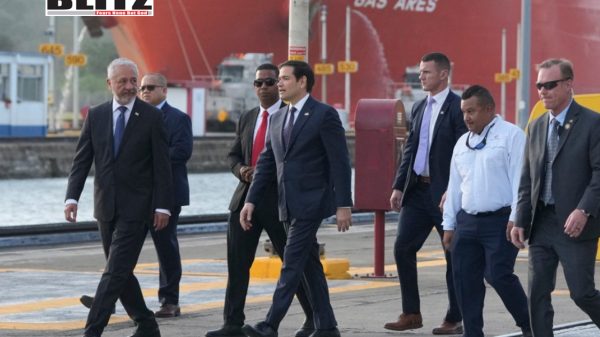
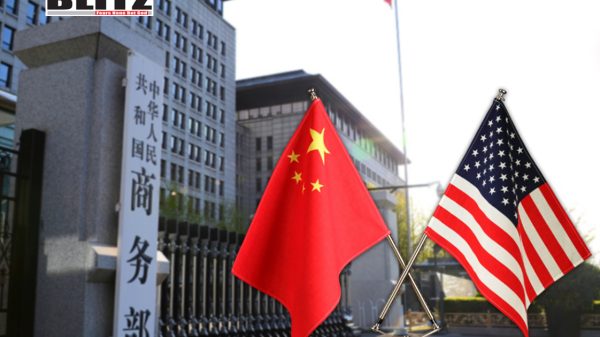
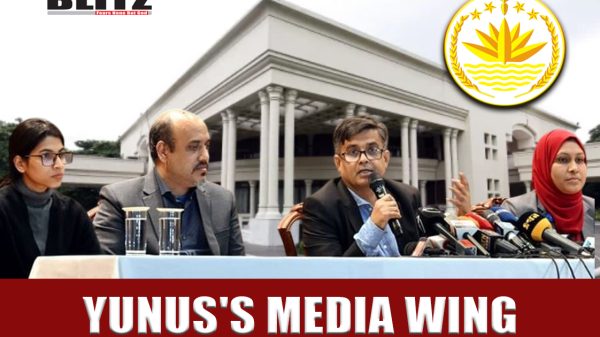
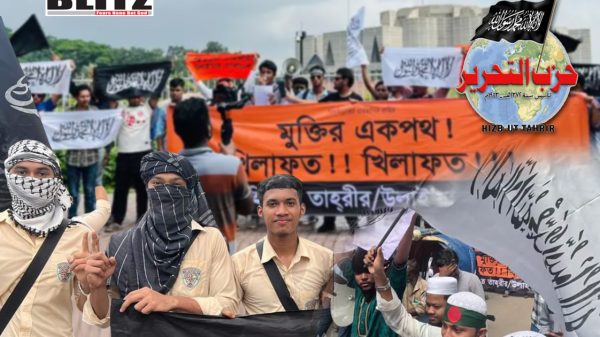
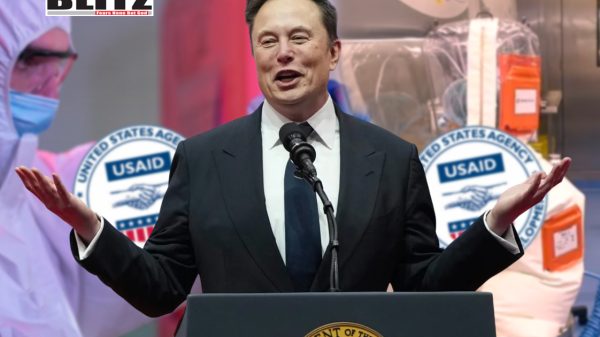
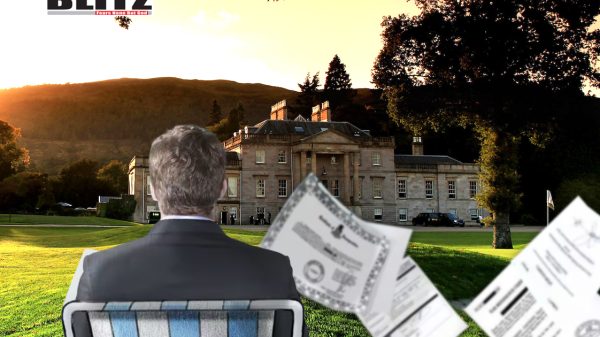
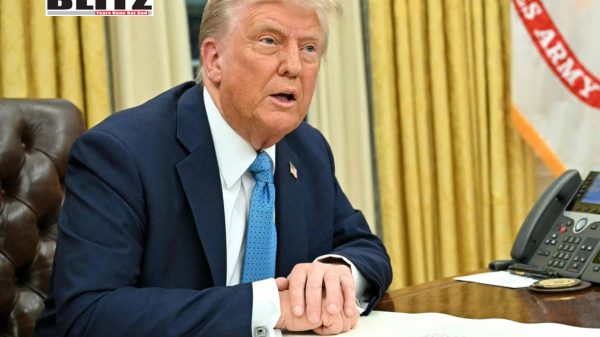
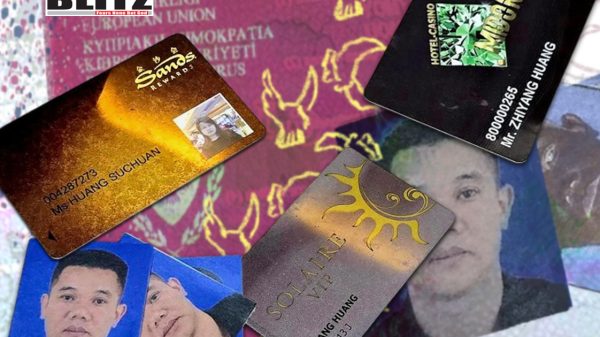


Leave a Reply